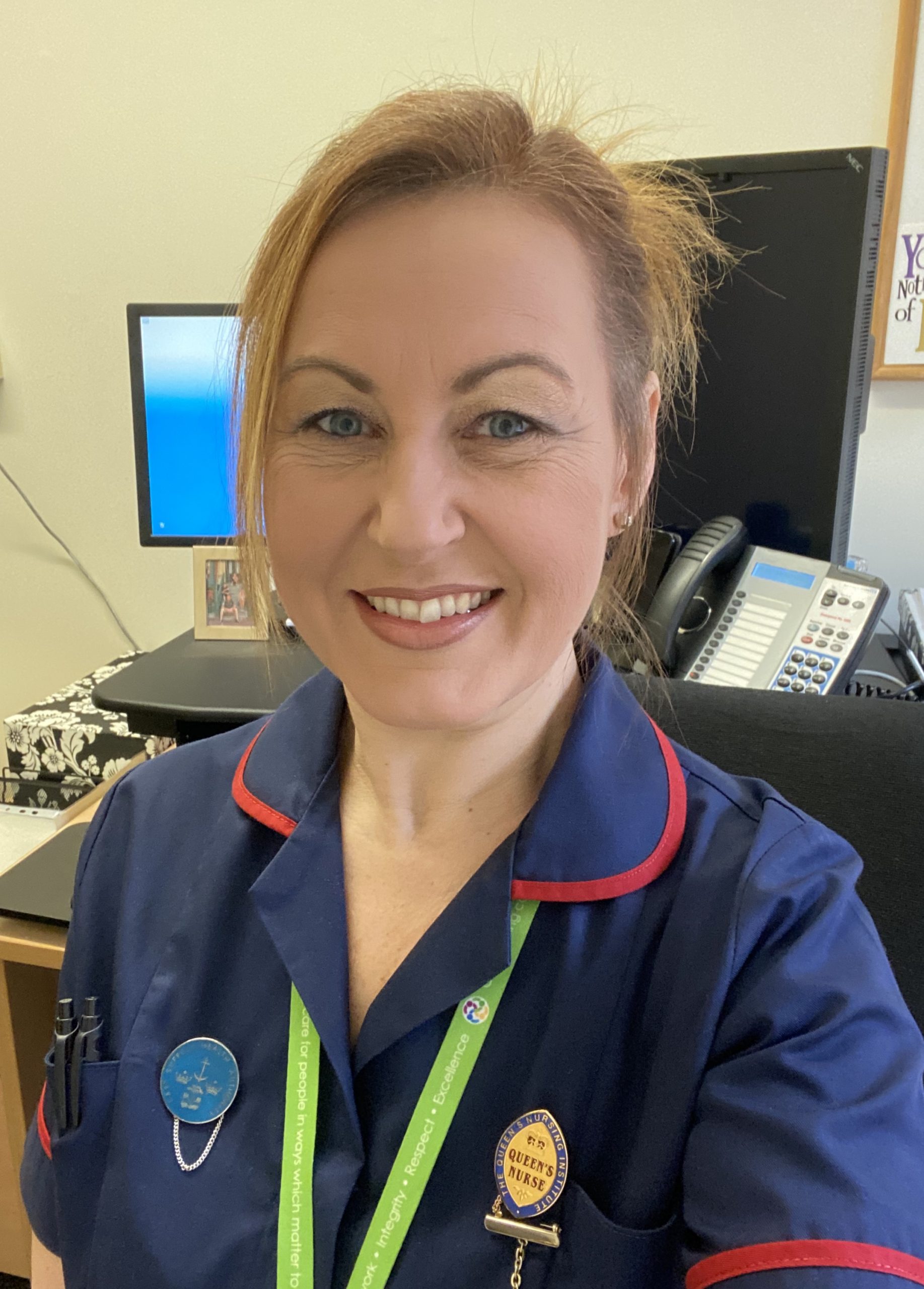
Understanding the medications that members of the public are taking and also potentially safeguarding vulnerable patients have been two areas where the Dorset Care Record has helped a Respiratory Nurse Consultant.
Natalie Harper has been working at Dorset County Hospital for the past 11 years, and prior to this, she worked in primary care for nearly two decades – both in the county and further afield.
She admits moving from an arena that was IT literate to one that, at the time, was still largely paper-based, was a shock to the system. So when she heard that the Dorset Care Record had strong electronic links with the county’s primary care system, she jumped at the opportunity of signing up.
Although based in Dorchester, much of her work is traditionally carried out at outpatient clinics at Weymouth, Bridport and Blandford Forum. She finds that well over 50 per cent of people are not aware of all the medications they’ve been prescribed.
“They will often bring the letter they’ve received detailing their medicines but they will often forget their inhalers. People don’t tend to class inhalers as medication.”
She said this sometimes could cause difficulties for pharmacists, even those with an interest in respiratory medicine, especially as there are so many types of inhalers on the market.
“Inhalers are meant to be prescribed by brand and while the ingredients can be the same in generic counterparts the devices work differently, so it’s often quite hard for pharmacists to dispense correctly.”
The introduction this week of discharge medications into the Dorset Care Record and the decision to grant community pharmacists access to the health and social record should help improve the situation.
Safeguarding
Natalie said the DCR had also recently flagged up a safeguarding issue: “I had a new referral from a GP practice – a young person who had recently moved into the area. Nothing was highlighted on the referral but the GP summary information on the Dorset Care Record flagged up a possible issue of domestic abuse.
“This rang alarm bells and I then had a phone call from a member of the public who said please use this number when ringing for the consultation. I then contacted the referred person’s former GP surgery which highlighted potential issues.”
Steps have been taken to ensure that the person can now talk in a safe environment, and they have been particularly grateful.
Natalie said she had found the DCR incredibly useful as a Non-Medical Prescriber: “I jumped at the chance as soon as it became available and use it a lot for preparation ahead of clinics, and particularly now, talking to patients on the phone.
“It is really useful to see if patients are picking up their medications regularly – if they are, they are far more likely to be taking them. That means that we can save money in the long-term. For example, we want to be able to send the right asthma patients to tertiary centres for treatment which can run to many thousands of pounds, knowing that they have been taking all their prescribed mediations.
“Also by taking their medications as prescribed they have a much higher chance of not being admitted to hospital,” she added.
Ends


